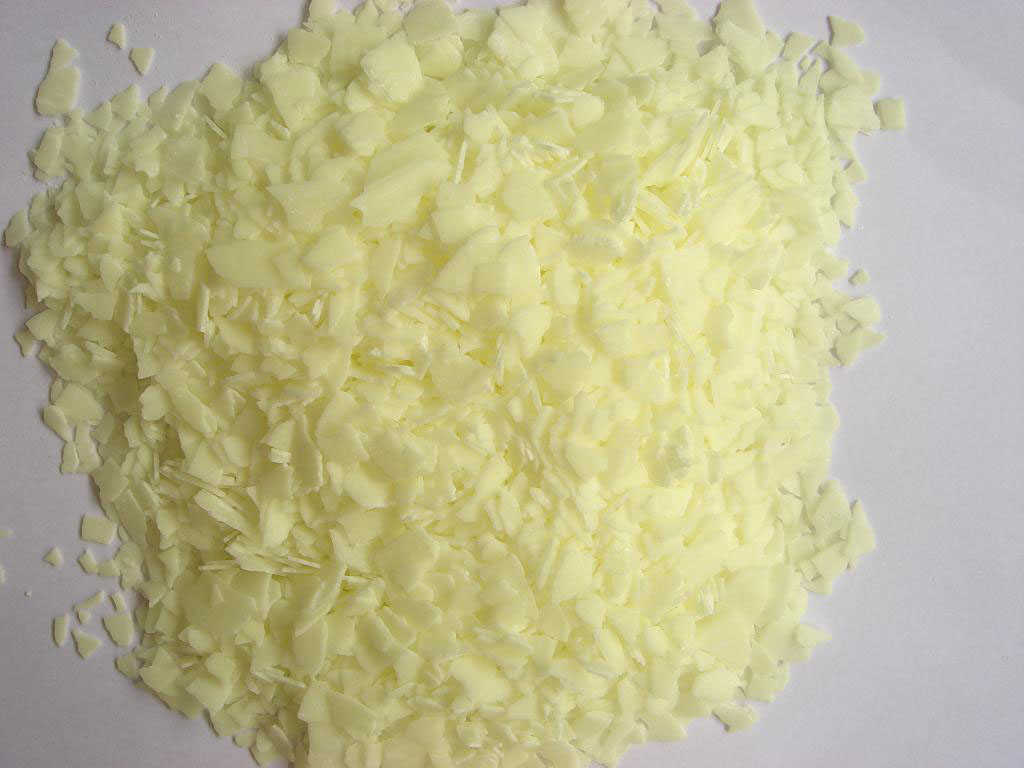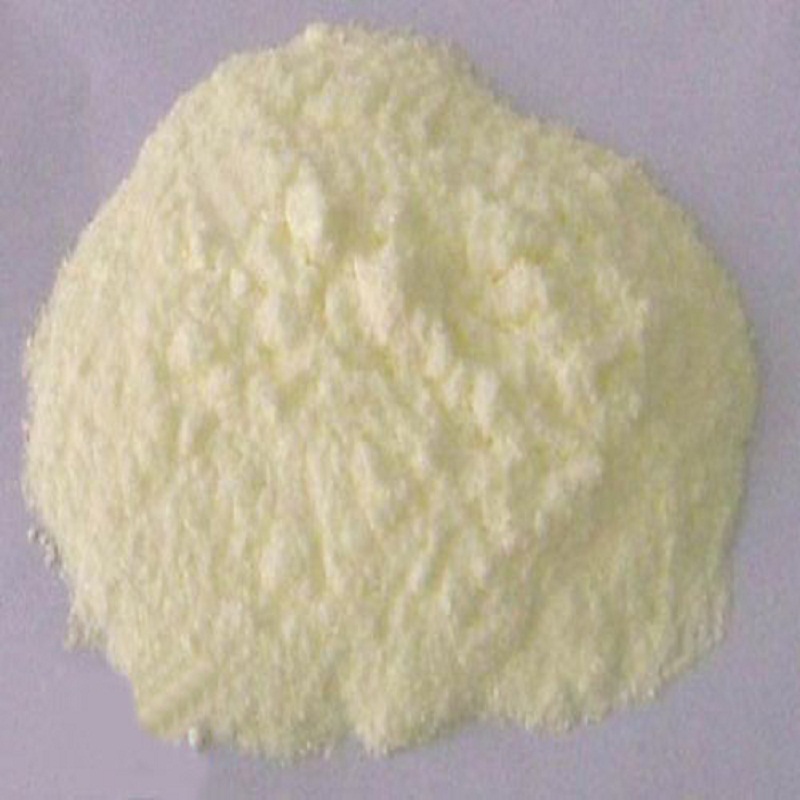Light stabilizers are additives that improve the light stability of polymer materials. UV absorbers are one of the product types with a wide range of applications and high demand. They have the ability to absorb sunlight and The ability of ultraviolet rays in fluorescent light sources, and also has good chemical stability, good thermal stability, not easy to decompose, not easy to change color, non-toxic and tasteless, insoluble or difficult to dissolve in water, etc., added to polymer materials, can protect their performance Not damaged by UV rays.
The absorption of ultraviolet rays by polymer materials will cause oxidation and degradation reactions, resulting in reduced product performance and service life. UV absorbers are preventive light stabilizers that can convert ultraviolet rays into non-toxic Harmful heat and fluorescence are released, reducing the damaging effect of ultraviolet rays on polymer materials, thereby achieving a protective effect. UV absorbers mainly include benzophenones, benzotriazoles, salicylates, substituted acrylonitriles, triazines, etc. Among them, benzophenones and benzotriazoles are more commonly used in the industrial field. widely.

According to the “2021-2025 Ultraviolet Absorbent Industry In-depth Market Research and Investment Strategy Suggestion Report” released by the New Thinking Industry Research Center, ultraviolet absorbers can be used in plastics, rubber In the production of products such as paints and paints, they are highly irreplaceable, and global market demand continues to grow. From 2015 to 2020, the average annual compound growth rate of the global light stabilizer market demand is, and the market demand in 2020 will be approximately 10,000 tons. As one of the important subdivided products of light stabilizers, the global market demand for UV absorbers continues to rise. Among them, North America, Western Europe, China, Japan and other countries and regions are the main demand markets.
Specifically, in the North American light stabilizer market, the market share of UV absorbers is about 42%; in the Western European market, the market share of UV absorbers is It is around 28%; in the Japanese market, the market share of UV absorbers is around 48%; in the Chinese market, the market share of UV absorbers is around 39%. Among them, China’s polymer materials industry has a relatively short development time, and the market is growing rapidly at this stage, so its demand for UV absorbers is growing relatively quickly.

Global UV absorber manufacturers are mainly distributed in Western Europe, China, Japan and other countries and regions. Representative companies include BASF of Germany, SABO of Italy, Solvay of Belgium, and Clariant of Switzerland. , Japan’s Adico, Japan’s Matsubara, the United States’ MPI and other foreign companies, as well as domestic companies such as Li Anlong, Weihai Jinwei, Kerun New Materials, Disheng Technology, Fubia Chemical, Tiangang Auxiliaries, Liansheng Technology and other domestic companies.
New Thinking industry analysts said that in the global market, ultraviolet absorbers are the second largest category of light stabilizer products after hindered amine light stabilizers. , demand continues to grow. China’s economic growth is transforming from high speed to high quality, and the market for most products in polymer materials is becoming increasingly saturated. The growth rate of demand for UV absorbers will gradually slow down. However, with the development of high-tech industries, the demand for high-performance polymer materials is rising, which will drive the market demand for high-end UV absorbers. From this point of view, my country’s UV absorber industry has good development prospects.
UV absorbers are one of the important light stabilizer products and market demand continues to grow.
This article is from the Internet, does not represent the position of Toluene diisocyanate reproduced please specify the source.https://www.chemicalchem.com/archives/1575

 微信扫一扫打赏
微信扫一扫打赏

